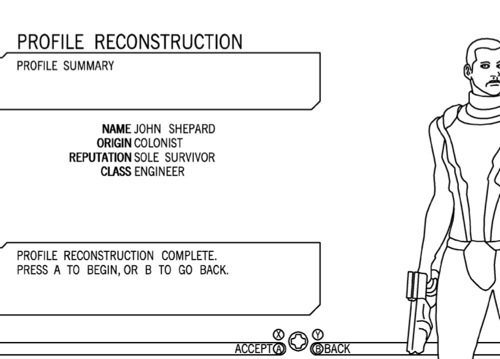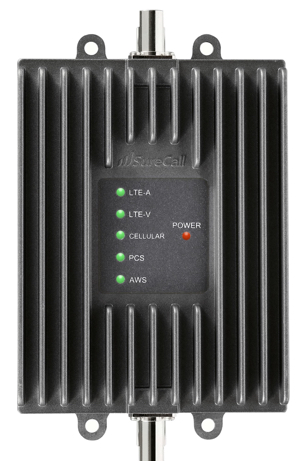If you play video/computer games, have you ever wanted to capture your performance in a comic book? Apple apparently thinks you want to as a new patent (number 20100203979) at the US Patent & Trademark Office indicates.
Systems and methods are provided that record data in a videogame, such as a user’s character and performance in the videogame, and generate a book, e-book, or comic book based on the recorded data. A narrative data structure generated from the recorded data may include pregenerated text and images, and may provide for insertion of the recorded data into the narrative data structure. The recorded data may be converted into natural-language text for insertion into the narrative data structure. In some embodiments, the system may record screenshots of the videogame and insert the screenshots into the narrative data structure as illustrations. The narrative data structure may be provided to a location for printing as a book or other publication or may be electronically formatted and provided as an e-book. The inventor is Eric James Hope.
Here’s Apple’s background and summary of the invention: “This section is intended to introduce the reader to various aspects of art that may be related to various aspects of the present disclosure, which are described and/or claimed below. This discussion is believed to be helpful in providing the reader with background information to facilitate a better understanding of the various aspects of the present disclosure. Accordingly, it should be understood that these statements are to be read in this light, and not as admissions of prior art.
“Electronically played games (sometimes referred to as ‘videogames’ or ‘computer games’) are programs executed on various electronic devices. The games may be played on such electronic devices as computers, game-specific computers (referred to as ‘videogame consoles’) and portable electronic devices, such as phones, PDA’s, portable media players, handheld videogame devices, etc. During play of videogames, a user interacts with the electronic device by using input devices to respond to the game, such as by solving puzzles, making choices, and executing hand-eye coordination movements in response to the displayed videogame images.
“Many videogames allow customization of the user’s representation in the videogame (referred to as the player character.) Further, the videogames often offer the user a variety of choices that determine a course of action, e.g., multiple ways to solve a puzzle, multiple dialogue choices to interact with a non-player character, etc. In many games, the user’s character and choices are integrated into a story. The story may or may not be responsive to the user’s character and choices. Typically, the user’s position in the game (or place in the story) is recorded automatically or manually though the use of recorded data. This data is often recorded or ‘saved'” as a file (referred to as a ‘saved game’). However, after completion of the videogame, the user’s interaction with the game (and any story presented in the game) is complete. Further, the user may be unable to directly access the saved game file to view any data recorded throughout the game. Even if the user is able to access the saved game file, the recorded data may be difficult to relate to the game and/or the story, and may be recorded in a format unrecognizable to the user.
“Certain aspects commensurate in scope with the certain embodiments of the present disclosure are set forth below. It should be understood that these aspects are presented merely to provide the reader with a brief summary of these embodiments and that these aspects are not intended to limit the scope of the disclosure or claims. Indeed, the disclosure and claims may encompass a variety of aspects that may not be set forth below.
“The present disclosure generally relates to systems and method for generating a book, e-book, or comic book from data recorded from a videogame. In accordance with one disclosed embodiment, data may be recorded from a videogame executed on an electronic device. The recorded data may include character information, dialogue from the videogame, and results and metrics reflecting the performance of the user in the videogame. The recorded data may be inserted into a narrative data structure having pregenerated text. In some embodiments, the recorded data may be used as the basis for selecting among a plurality of pregenerated text. A book, e-book, or comic book may be produced from the narrative data structure. The electronic device may send the e-book to a user of the electronic device, or send the narrative data structure to a server for printing.
“In another embodiment, the recorded data may be sent from the electronic device to a server. The server may generate a narrative data structure from the recorded data. The server may send an e-book to the electronic device and/or to a user of the electronic device. Additionally, the server may print a book from the narrative data structure, and the book may be mailed to a user.”



